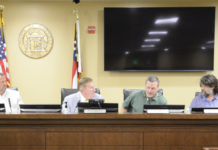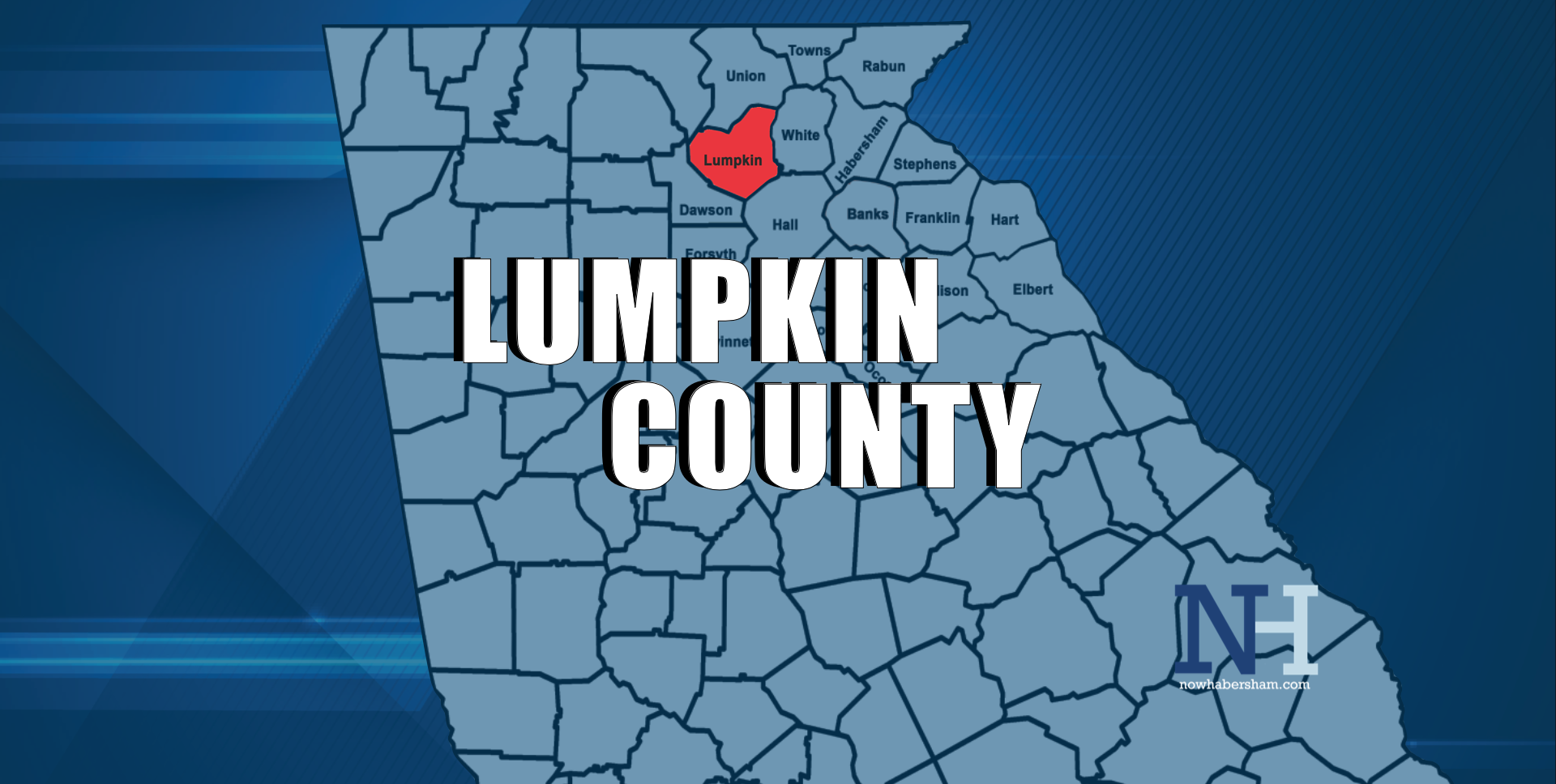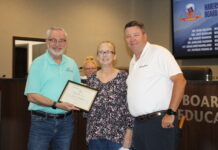
Northeast Georgia’s victim advocacy groups are facing possible future funding shortages if they don’t receive funds from the American Rescue Plan Act (ARPA) from Governor Kemp, according to program representatives.
One of the primary sources of federal dollars to fund Northeast Georgia’s victim advocacy programs for survivors of rape, domestic violence, child abuse, sex trafficking and homicide, like Circle of Hope, Rape Response, Fight Abuse in the Home (FAITH) and the Family Resource Center is the Victims of Crime Act (VOCA).
VOCA is financed by the Crime Victims Fund, which consists of fines and penalties paid by convicted federal offenders, but that fund has been drying up over the past few years. According to statistics accumulated by the Circle of Hope, Georgia’s VOCA funding saw a 67 percent drop between 2018 and 2021— from approximately $105 million to $35 million.
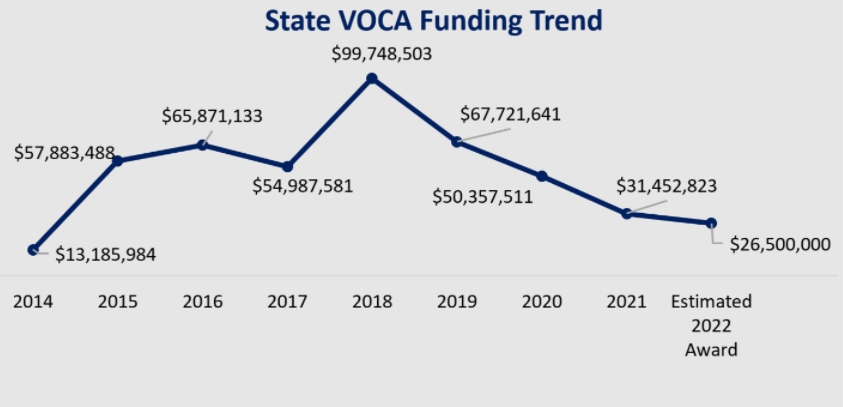
These victim advocacy groups provide support and resources to adult and children survivors of sexual assault and domestic abuse, giving them safety nets to escape dangerous situations and resources to recover from the short and long-term effects of trauma.
According to Circle of Hope Executive Director Suzanne Dow, these services were already in high demand throughout the region before the pandemic hit. Now, following the onset of the pandemic and lockdown, these services are in even greater demand.

The Family Resource Center spent much of lockdown finding creative ways to serve their victim population, and like other nonprofit advocacy groups, are navigating their higher-than-usual number of cases and survivors’ needs. The Northeast Georgia Court Appointed Special Advocates (CASA) program is on the same page as their other groups as a local operation that knows what losing that funding would be like.
“We’re a small agency and we’ve been fortunate to receive a good bit of VOCA funding,” says Melissa Mitchell of the CASA, a nonprofit organization that supports child victims of abuse, who says losing that funding would take a major toll on their operations. “That will be big for us, for sure.”
Mitchell says they can tighten their belts and hope for more funding sources, as a non-profit organization, that’s often a reality. But it wouldn’t make this hit any less detrimental.
“Our counseling center remains at capacity all through the year,” Family Resource Center Executive Director Linda Johnson says. “We provide mental health services for anyone who experienced an Adverse Childhood Experience. Just the thought of this severe reduction in funding for this fabulous program is devastating.”
READ CJCC VOCA grant funding analysis report
A major loss
For Rape Response, a Gainesville-based sexual assault response and victim advocacy group, VOCA funds cover around 23 percent of their budget. For CASA, Circle of Hope and the Family Resource Center, it’s even more.
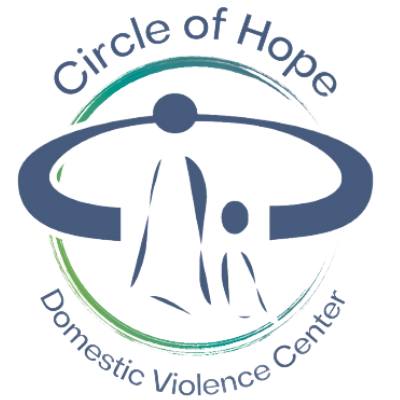 The Circle of Hope is facing a 37 percent cut to their funding that would “essentially eliminate” one of the organization’s housing programs. At CASA, it’s a 36 percent cut, and at the Family Resource Center, they could face up to 45 percent loss of funding, which would force them to dramatically reduce their counseling services.
The Circle of Hope is facing a 37 percent cut to their funding that would “essentially eliminate” one of the organization’s housing programs. At CASA, it’s a 36 percent cut, and at the Family Resource Center, they could face up to 45 percent loss of funding, which would force them to dramatically reduce their counseling services.
“If we’re not able to reduce our expenses enough and gain other income sources, then certainly, we’re looking at some point [seeing] reductions in our service level,” Mitchell said. “And I don’t know what that looks like right now, it’s just too hard to say.”
But the real victim in the loss of funding isn’t the centers, even though their job loss would be devastating. The groups say the survivors are those that will be hit the hardest.
“The bottom line is the survivors, the individuals we work with, are those who are going to be hurt the most, and that is the hardest thing for all of us,” Rape Response Executive Director Jeanne Buffington said. “It’s hard for me to even think about the impact on our agency, but the impact on our agency is going to affect those we serve and the depth and scope of services that we can provide.”

Asking for help
Advocates for these groups say the programs they offer desperately need VOCA funding to continue to serve their communities, and they need the help of their lawmakers to make sure that funding makes it to them.
“Kemp holds the keys to Georgia’s $4.8 billion of American Rescue Plan State Fiscal Recovery Funds (FRF) coming to Georgia,” the Circle of Hope says. “Twenty-two states have used FRF to support human services programs, with three states devoting 30 percent or more of their allocations to date, for this purpose. Advocates across the state are calling for Kemp to utilize those funds to cover the $11.2 million in anticipated cuts to domestic violence and sexual assault victim service providers.”
Buffington says that she hopes her representatives see that investing in these victim advocacy resources do more than just serve survivors, they directly impact their communities and fellow taxpayers for the better.
“When we look at investing the dollars that we get into the lives and health and well-being of survivors, it cuts down on mental health [issues], physical health [issues], court cases, law enforcement involvement, all of those things that hit our pockets as taxpayers, it cuts that,” Buffington says. “I do hope that lawmakers will see that, and I hope the general public can understand that.”


